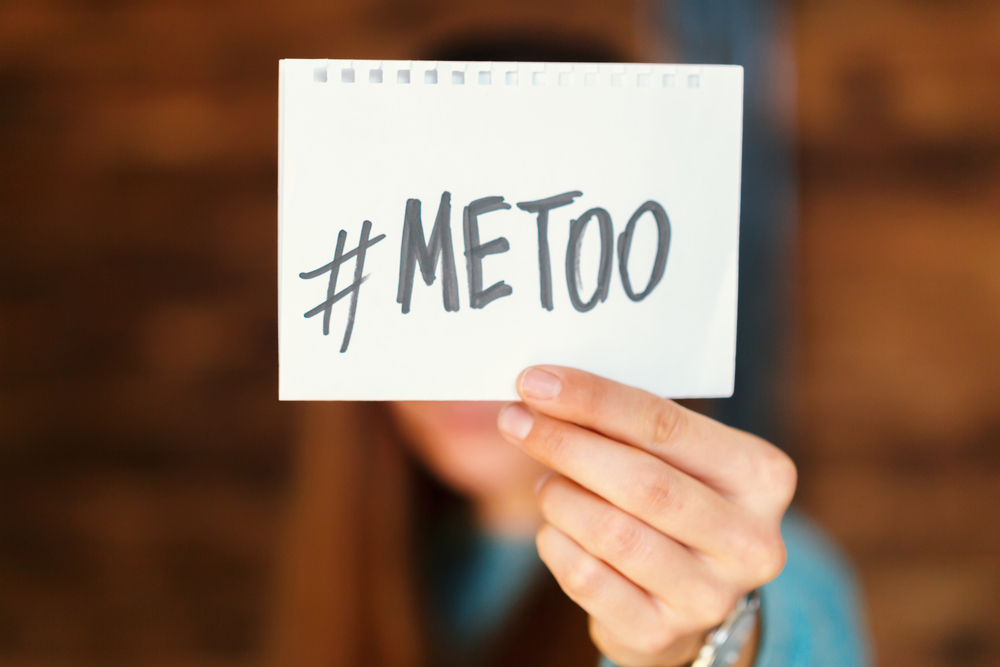
Among the many tragedies of the past couple of weeks, on Oct. 24 the bodies of two young Saudi Arabian sisters were found near the Hudson River, bound together with duct tape. They had been seen that morning in nearby Riverside Park, praying.
Police are still investigating but suspect the sisters’ deaths were a double suicide. Rotana Farea, 22, and Tala Farea, 16, had moved to Fairfax, Va., with their family in 2015. Rotana was enrolled at George Mason University. They ran away last December and entered a domestic violence shelter after reportedly telling authorities that they were being physically abused at home. They then left the shelter without notice in August.
The sisters had applied for political asylum, and seemingly because of that, their mother received a call from the Saudi consulate ordering the family to return to Saudi Arabia, according to news reports. Officials at the consulate denied the allegations and told reporters that they had hired an attorney to “follow the case closely.”
Two days later, the girls were found dead. According to the police, the girls said they would rather die than return to Saudi Arabia, where they would most likely be forced into arranged marriages.
The day the news broke, my Yemenite neighbor, Waseif Qahatan, came to my apartment in tears. “I could have saved them,” she said.
Qahatan was a child bride at the age of 14. She had been sold to the highest bidder, her cousin. Though born and raised in the Bronx, that summer she went back to Yemen to wed. Her father received $80,000 in return.
“I believed it was a ‘regular marriage,’ but the truth was, it was indentured slavery,” said Qahatan, now 32. “I was not a wife but a slave to my husband, a slave to medieval rules, a slave to my family’s wishes.”
“When I could no longer handle the pressures, I reached out to local authorities. I was told nothing could be done because I was a minor. So, I was old enough to be married but not old enough to have a say about my body or my life.”
After having her first child at 18, Qahatan was finally granted a divorce at age 20. She was back in the U.S., but a year later was stuck in a second arranged marriage. After her second child, she ran away with her children to a domestic violence shelter. “Although I was very much alone, I finally felt free,” she said.
It is another, silent, deadly #MeToo. Physical abuse, rape, stoning, honor killing — all continue to be standard practice in religious Muslim communities around the world. But because cultural relativism is a big part of leftist ideology, many feminists remain silent on the issue. Linda Sarsour, leader of the “Women’s March,” has so far had zero to say on the Saudi suicides.
The New York Times ran a story about the tragedy that happened just miles from its offices —and then nothing. No editorials, no op-eds, nada. President Trump couldn’t be blamed for it, so why bother?
Earlier this year, Qahatan started a nonprofit called After the Veil that is geared to help young girls needing to escape abusive families or forced marriages. She posted her mission on the organization’s website at AfterTheVeil.com: “Give a voice to Arab American women in order to empower them. Provide these women with a safe haven and the resources necessary to reach their full potential.” Further on the website, Qahatan says the location of her organization’s safe house is kept secret to protect the women staying there.
“Arabic girls all over the world feel they have no options,” Qahatan told me. “The conditioning of Arabic culture is that of suppression and silencing the voices of those who need to be heard the most.”
She remains upset that her nonprofit wasn’t further along to help the Saudi girls, but their deaths have given her renewed focus.
“These girls had made a decision, so they were not praying for themselves but praying for girls like them to one day have a chance, to live a life of freedom,” she said. “I have fought all my life and will continue to fight against the idea that females cannot have power. To girls in this situation, I say hold on. Help is coming.”
Karen Lehrman Bloch is an author and cultural critic living in New York City.
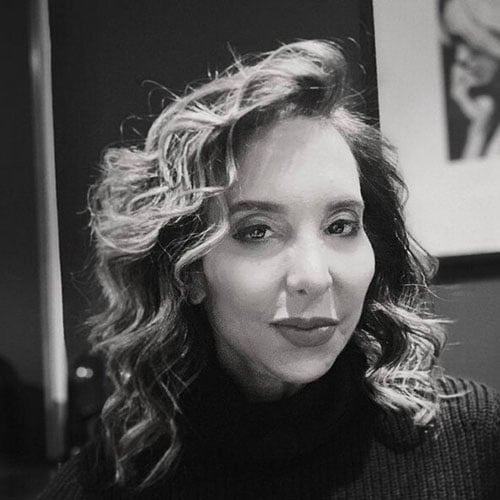







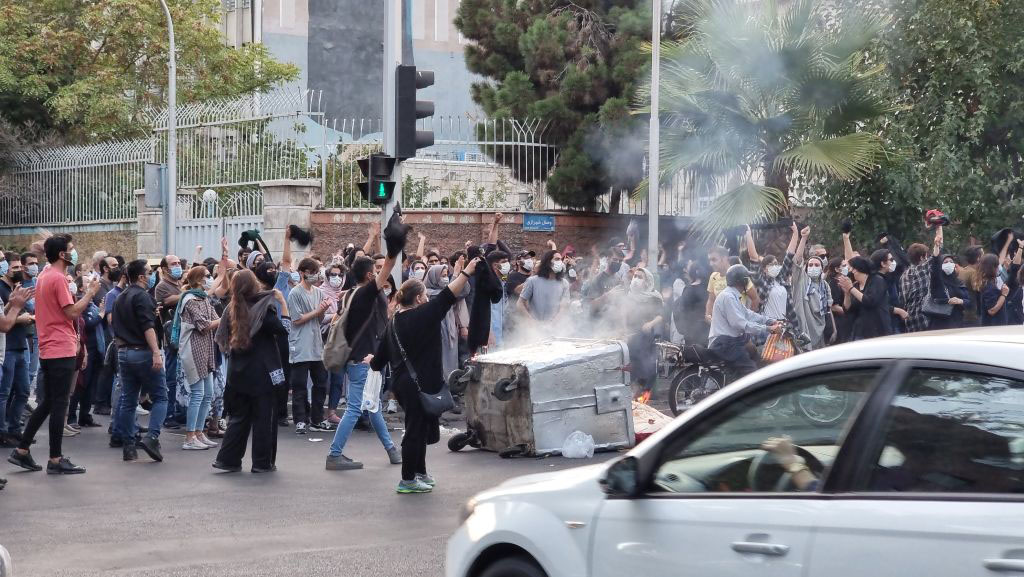
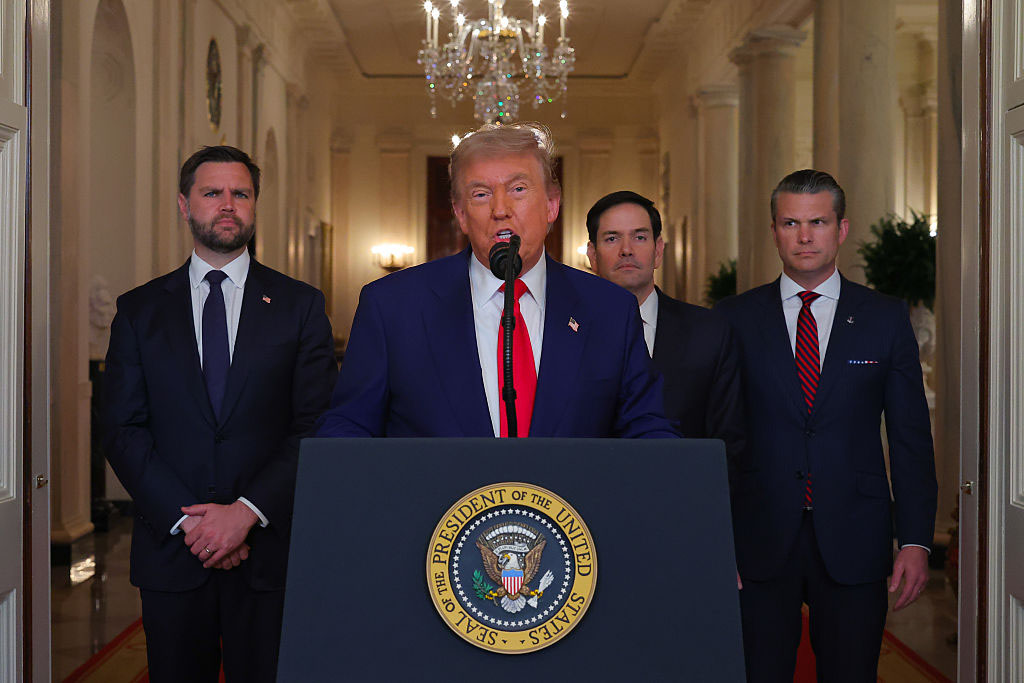



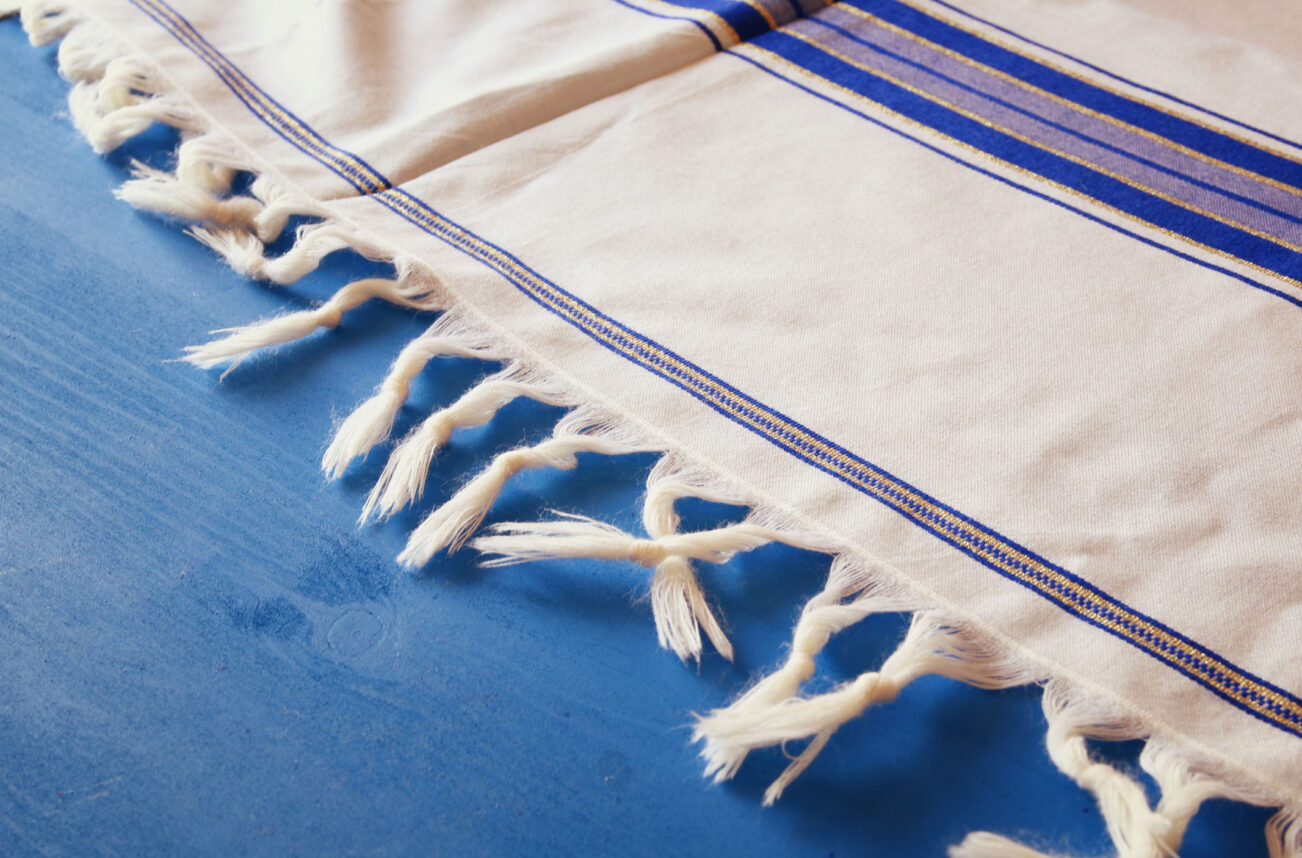
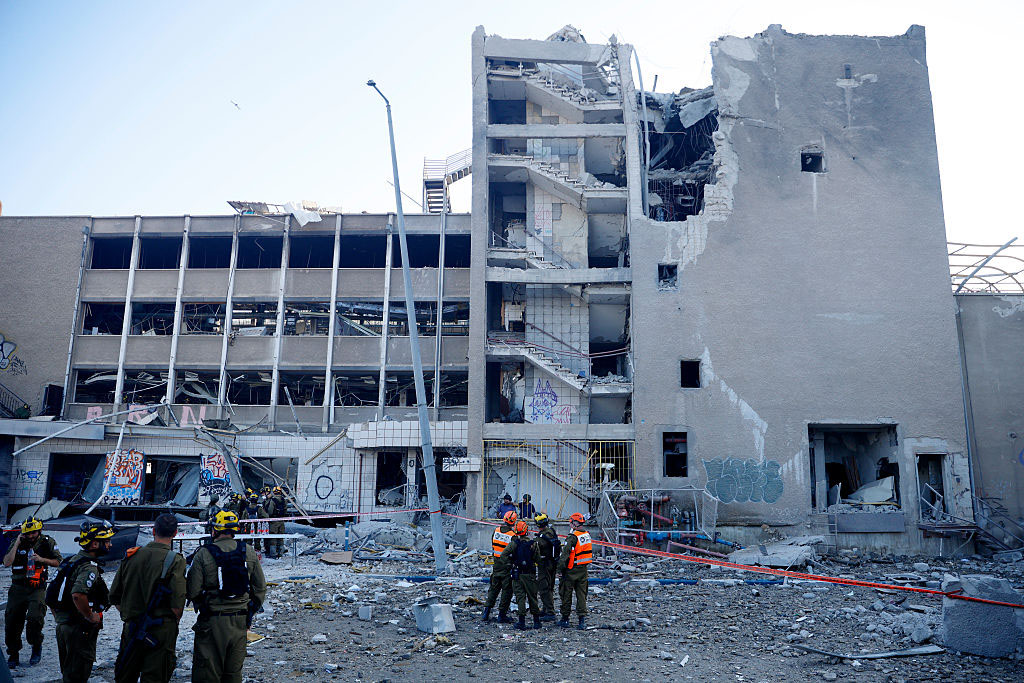
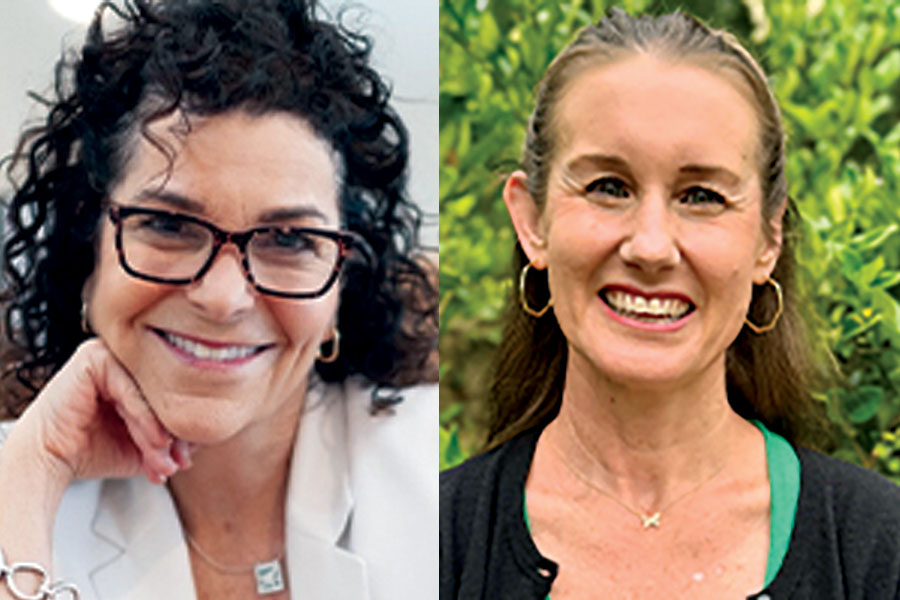
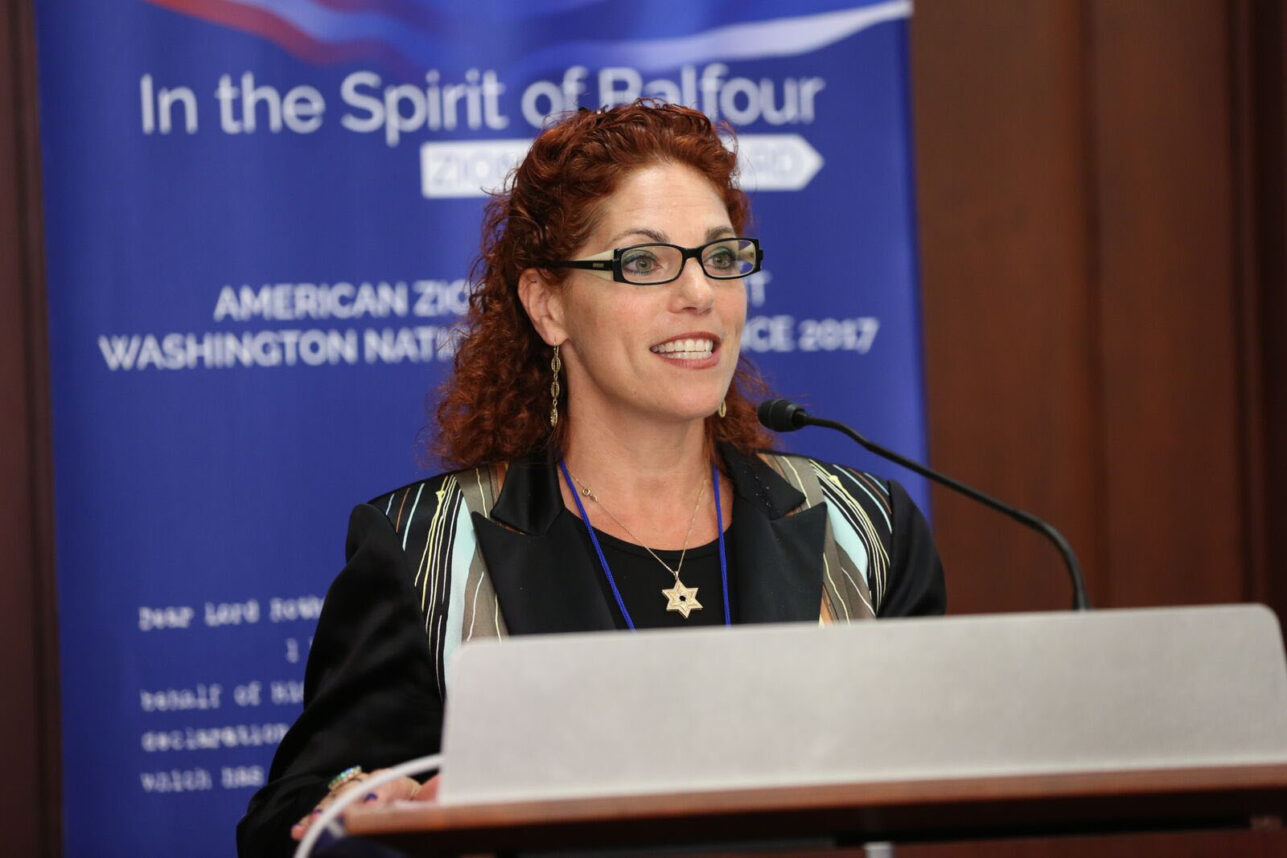
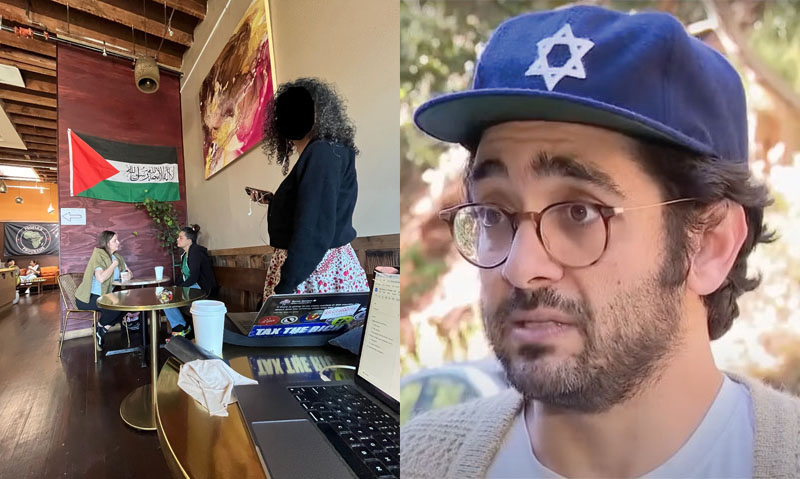



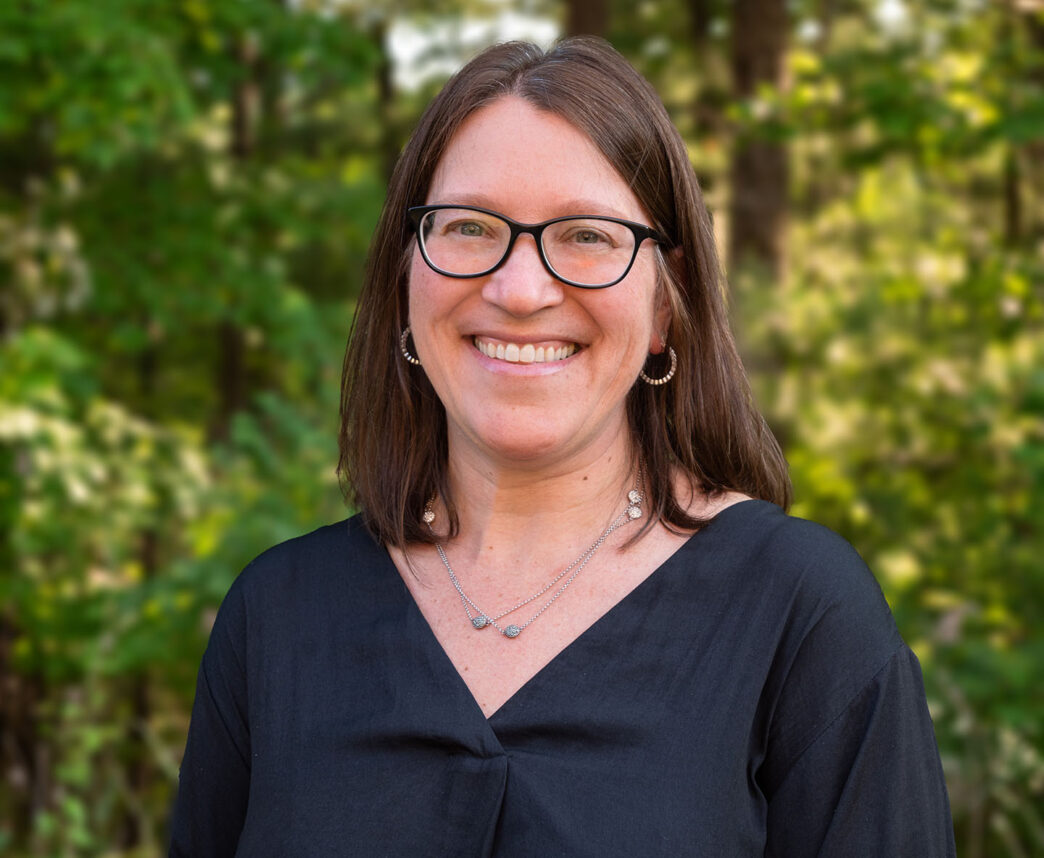
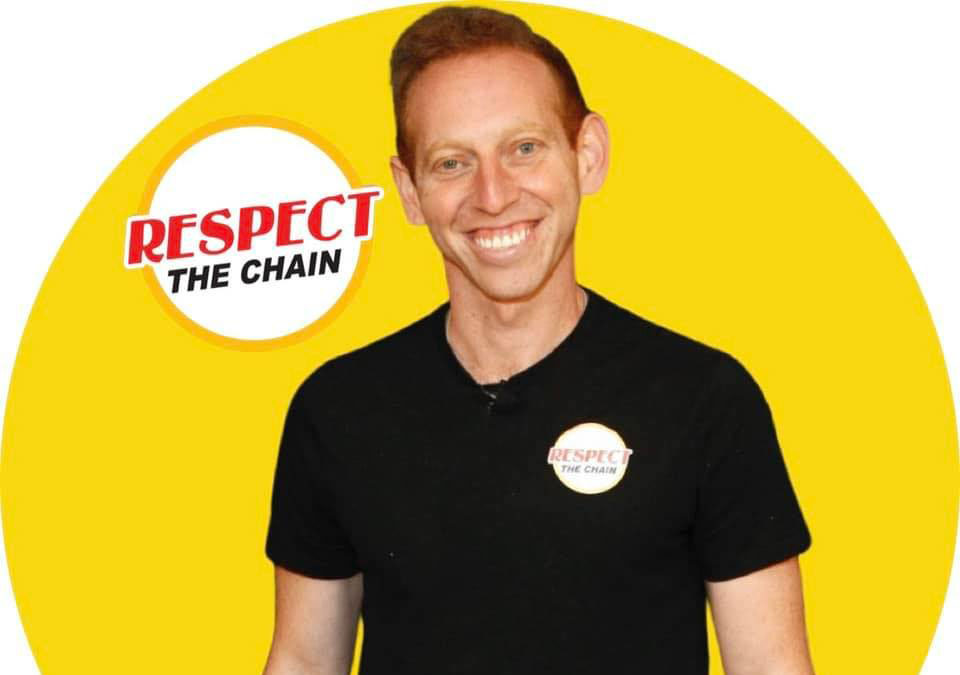

 More news and opinions than at a Shabbat dinner, right in your inbox.
More news and opinions than at a Shabbat dinner, right in your inbox.